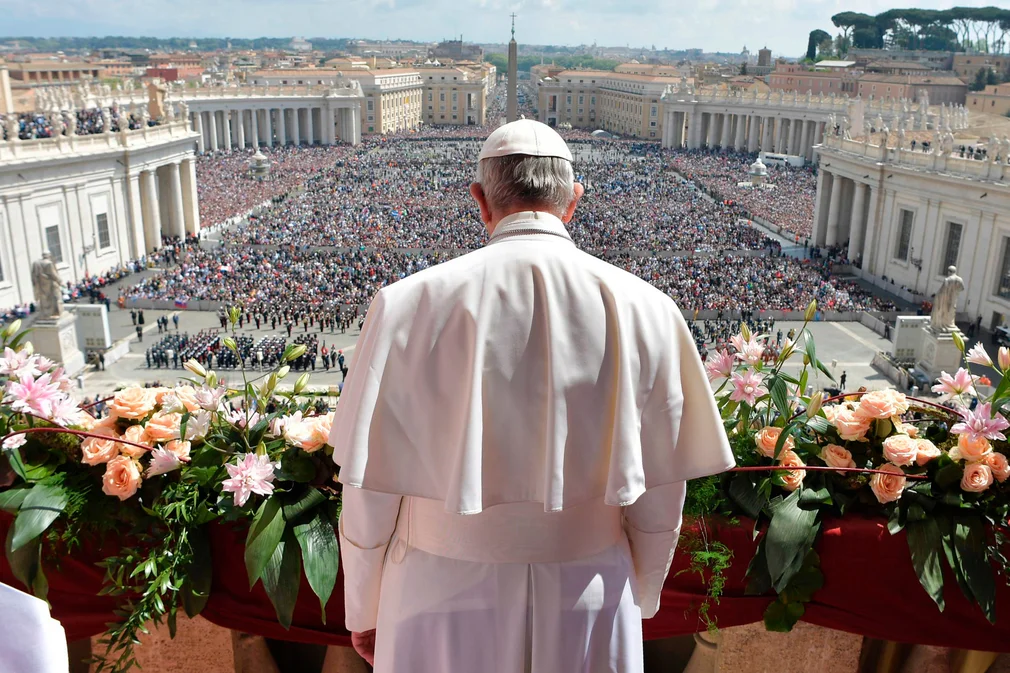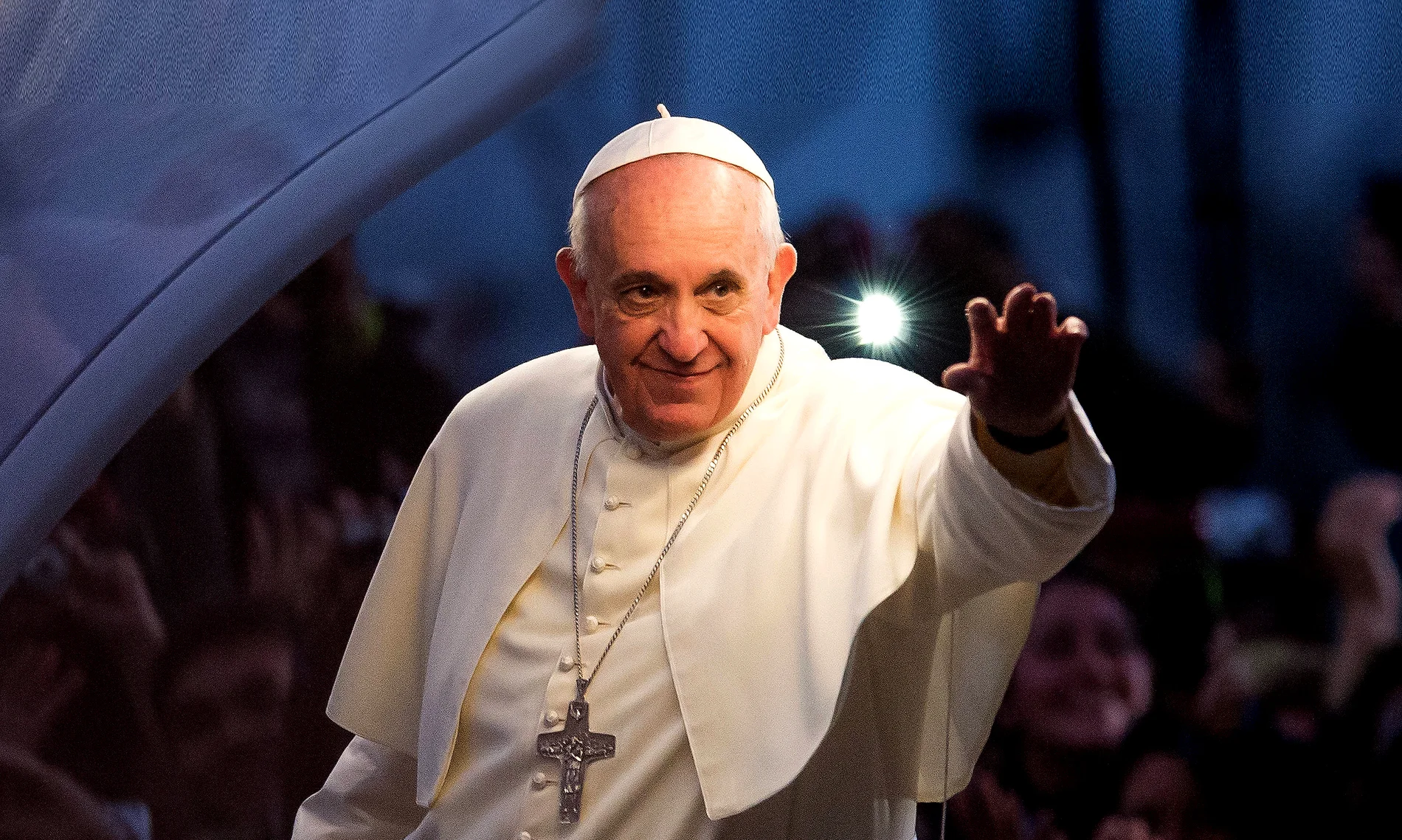- First Jesuit Pope
Pope Francis made history in 2013 as the first Jesuit to ascend to the papacy, bringing the Society of Jesus’s emphasis on education, humility, and service into the heart of the Church. - A Pontiff of Firsts
Born Jorge Mario Bergoglio, he was the first Pope from Latin America, the first non-European in over 1,200 years, and the first to choose the name “Francis,” in honour of St Francis of Assisi. - A Simpler Papacy
He rejected the traditional papal palace and chose instead to live in the modest Casa Santa Marta guesthouse. On his first day as Pope, he took a bus with cardinals and paid his own hotel bill. - Advocate for the Poor
From day one, he championed a “poor Church for the poor,” shifting focus away from grandeur toward social justice and the plight of the marginalised. - Unfiltered on Capitalism
He condemned unregulated capitalism as the “dung of the devil,” urging economies to prioritise human dignity over profit. - A Voice for the Planet
His 2015 encyclical Laudato Si’ was a groundbreaking appeal for environmental stewardship, calling climate change “one of the principal challenges facing humanity.” - Reshaping the Papal Funeral
He simplified funeral rites, opting for a plain wooden coffin lined with zinc and requested burial outside the Vatican—instead at the Basilica of St Mary Major. - The People’s Pope
His pastoral, down-to-earth approach—such as hugging children, kissing feet, and calling everyday Catholics—earned him wide affection, even among non-Catholics. - Defender of Refugees
He offered asylum to 12 Syrian Muslims after visiting a refugee camp in Lesbos and denounced treating migrants as “pawns on the chessboard of humanity.” - Confronting Abuse in the Church
Initially criticised for a sluggish response to clerical sexual abuse, Francis later enforced sweeping reforms including mandatory reporting and whistleblower protections. - Progressive but Rooted
While he expressed openness—famously saying “Who am I to judge?” about gay priests—he upheld traditional Catholic teachings on abortion and marriage.

12. Champion for the Marginalised
Francis often spotlighted society’s forgotten—prisoners, trafficked individuals, and victims of war—emphasising mercy over judgment.
13. Interfaith Peacemaker
After terror attacks, he denounced attempts to link Islam with violence, reminding the world that extremism exists across all faiths—including Catholicism.
14. Technological Wisdom
He cautioned youth about digital dependency, telling them: “Happiness is not an app you can download.” Despite this, he had a massive social media following, with 19 million English Twitter followers.
15. Health Challenges
Having lost part of a lung in his youth, he later endured intestinal surgeries and bouts of pneumonia, yet remained active until his final months.
16. Reformer at Heart
Francis’s papacy was marked by attempts to reform the Vatican bureaucracy, focusing on transparency, financial accountability, and outreach to the disenfranchised.
17. A Global Pilgrim
He visited over 50 countries, often choosing conflict zones or overlooked regions, using his presence as a form of soft diplomacy and solidarity.
18. A Pope of Dialogue
He championed synodality—shared decision-making within the Church—and initiated consultations involving laypeople, especially in his Amazon Synod.
19. Tireless Until the End
Even during hospital stays, he maintained a daily routine of calling Gaza’s Holy Family Church amid the 2023 war, offering prayers and solidarity.
20. Resignation Ready
In a rare move, Francis disclosed that he wrote a resignation letter in 2013 to be used in the event of health failure, a nod to both humility and foresight.
21. Legacy in Transition
With his death, the College of Cardinals must now decide whether to continue his legacy of inclusion, humility, and reform—or steer the Church in a new direction.


 Trending
Trending 